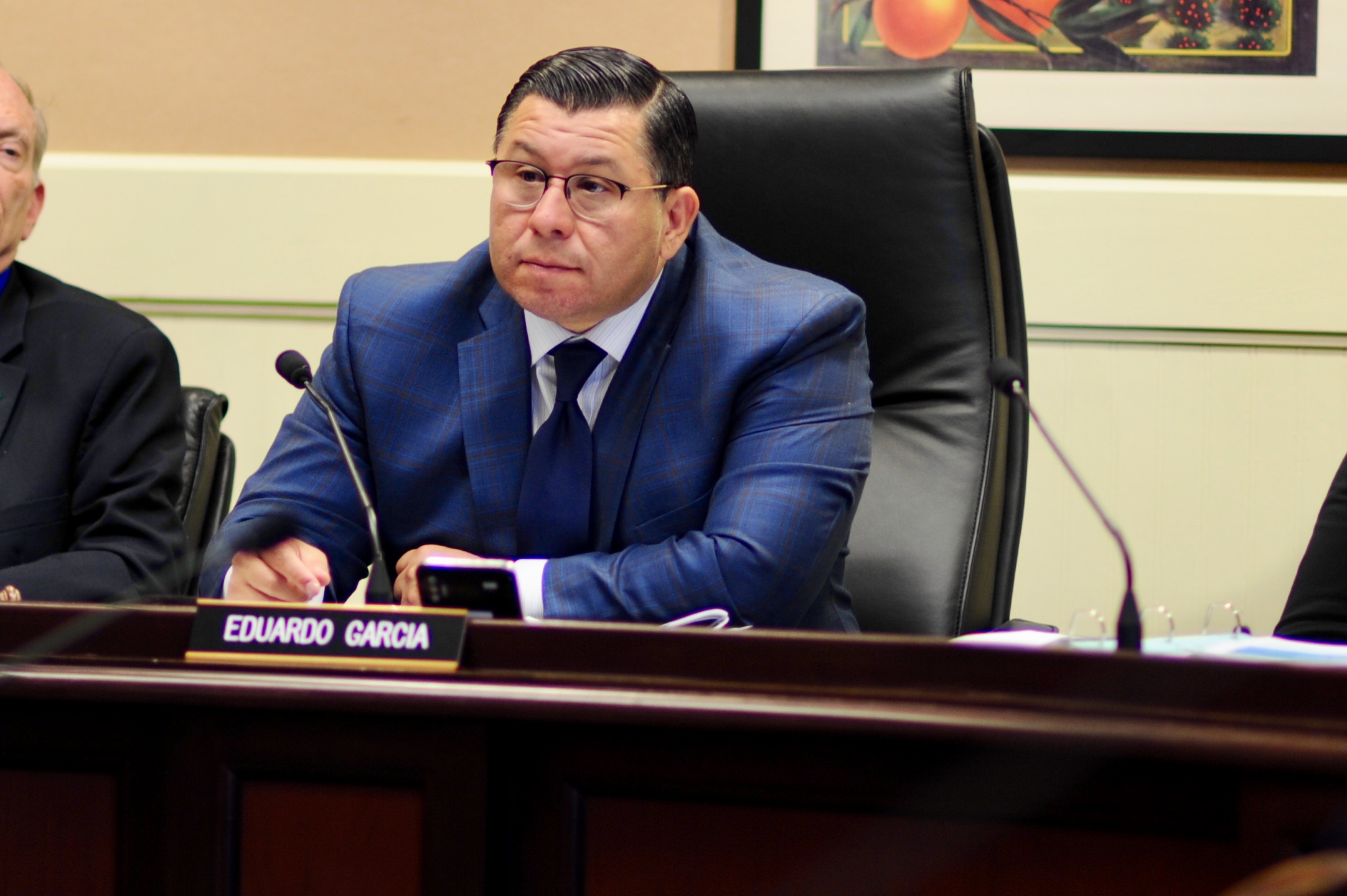
Assemblywoman Autumn R. Burke. (Photo: Kevin Sanders for California Globe)
COVID Relief Act: Federal Tax Conformity Bill Finally Passes CA Legislature
AB 80 to assist California businesses struggling under the economic strain
By Chris Micheli, April 26, 2021 2:07 pm
On April 26, the Assembly gave final passage by a vote of 73-0 to Assembly Bill 80, authored by Assembly Revenue and Taxation Committee Chair Autumn Burke. Forty-eight Assembly Members are co-authors of the bill. AB 80 generally provides state conformity to federal tax law on PPP grants. The bill passed the Senate last week by a vote of 37-0. Twenty-eight Senate Democrats are co-authors.
The bill’s title is the “Coronavirus Aid, Relief, and Economic Security Act: Federal Consolidated Appropriations Act, 2021.”
On February 17, Assembly Bill 80 was gutted and amended to be a budget trailer bill as part of the “early action” package and Assemblywoman Autumn Burke was made the author of the bill. However, the language in the federal stimulus package raised concerns whether passing AB 80 would jeopardize federal funds. After the U.S. Treasury issued guidance that state laws providing federal tax conformity would not result in the loss of federal stimulus funds, AB 80 was resurrected and quickly moved through the process.
AB 80 would amend Sections 17131.8 and 24308.6 of the Revenue and Taxation Code. In addition, the bill is an urgency measure and would require a 2/3 vote of each house of the Legislature.
Section One of the bill would amend Revenue and Taxation Code Section 17131.8, which is in the Personal Income Tax Law. It would add for purposes of federal tax conformity related to what constitutes gross income the inclusion of the federal Consolidated Appropriations Act, 2021 for tax years on or after January 1, 2019 (note that existing law provides 2020). It would specify that gross income does not include any advance grant amount issued pursuant to Section 1110(e) of the Coronavirus Aid, Relief, and Economic Security Act (Public Law 116-136), or pursuant to Section 331 of the Consolidated Appropriations Act, 2021 (Public Law 116-260). The bill would also create several exceptions to conformity with the CAA, 2021.
The bill would also specify that the definition of “covered loan” has the same meaning as found in the relevant federal act from 2021 and that “advance grant amount” is defined as an emergency grant under the CARESA or a targeted Economic Injury Disaster Loan advance under the CAA, 2021.
Added to AB 80 from its earlier version would make certain taxpayers an “ineligible entity” and therefore not subject to the benefits of federal tax law at the state level. An “ineligible entity” is defined as a taxpayer who is either a publicly-traded company or who does not meet the reduction from the gross receipts requirements of federal law (i.e., at 25% reduction).
Section Two of the bill would amend Revenue and Taxation Code Section 24308.6, which is in the Corporation Tax Law to contain the same provisions as Section One of the bill.
Section Three of the bill would specify goals, purposes, and objectives of these tax law changes in order to comply with Revenue and Taxation Code Section 41. Essentially, it provides that the purpose of these deductions, tax basis, and other attributes will provide assistance to small businesses operating in the state that have been harmed economically by the COVID-19 pandemic.
In addition, under the bill, the Legislative Analyst’s Office would be required to collaborate with the Franchise Tax Board, as well as reviewing other publicly available data, to analyze whether the PPP loans and the tax benefits of the deductions, tax basis, and other attributes were distributed evenly over industries, regions, and businesses by type of ownership harmed by the COVID-19 pandemic and report by January 1, 2024 to the Legislature.
Section Four of the bill would provide legislative findings and declarations that the tax benefits in this bill would serve the public purpose of securing the financial condition of businesses that were economically harmed by the COVID-19 pandemic and do not constitute a gift of public funds.
Section Five of the bill contains the urgency clause and declares that the bill should take effect immediately in order to provide, as soon as possible, much needed tax relief in conformity with federal tax relief enacted due to the COVID-19 pandemic and to assist California businesses struggling under the economic strain.
The bill is expected to be signed into late this week by Governor Gavin Newsom and will take effect on the day the bill is chaptered into law.
- Exemptions from Tax Withholding in California - July 23, 2024
- General Provisions of California’s Evidence Code - July 22, 2024
- Judicial Notice Under the California Evidence Code - July 21, 2024




